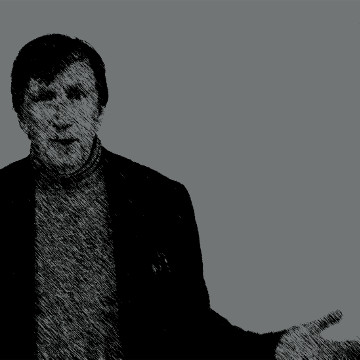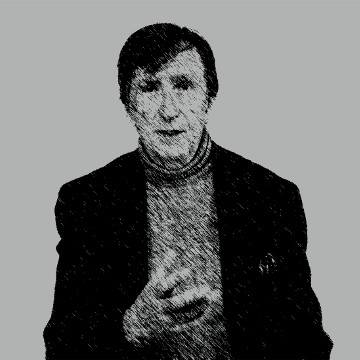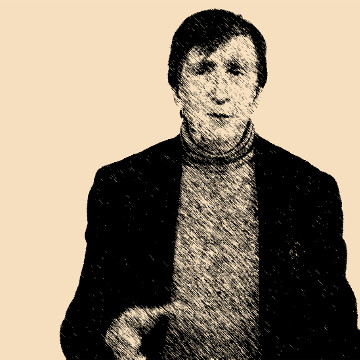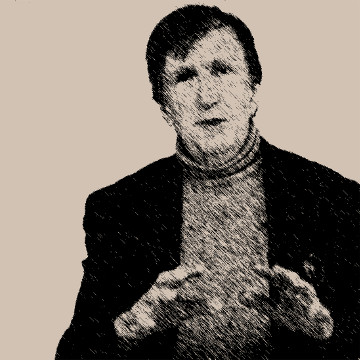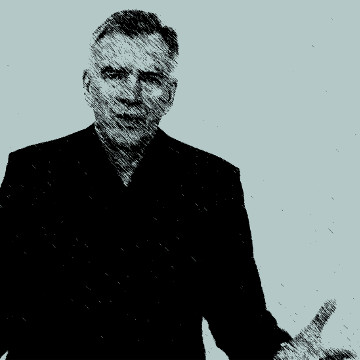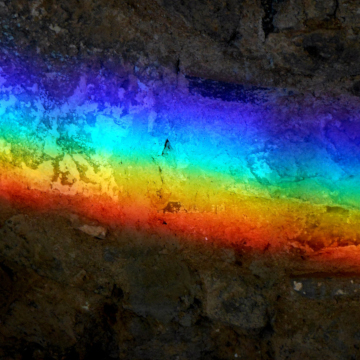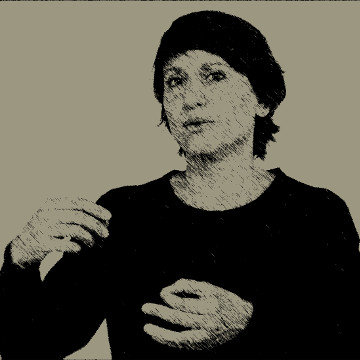Credit: Hartman, Steven, Peter Norrman and Bruno Latour. What are the optimal interrelations of art, science and politics in the Anthropocene? Originally published in bifrostonline.org, 30 November 2017 (CC BY-SA 2.0)
Bruno Latour: What are the optimal interrelations of art, science and politics in the Anthropocene?
Philosopher Bruno Latour argues that the fundamental relations between art, science and politics in the Anthropocene have not changed since the 18th and 19th centuries when the crucial inventions of class, citizenship and the social question, among others, were made possible by a range of equally important actors, from novelists and political philosophers to statisticians and geographers. What may seem to complicate this fundamental relation among art, science and politics in the Anthropocene is a certain lagging or disparate sensitivity to these three aesthetics in our handling of what Latour calls the ‘ecological questions’ of our age. Such questions seem to have moved to the center of contemporary discussion and debate (as has their need for political resolution and action). Yet by and large most participants in the conversations are not yet sensitive to these so-called ecological phenomena in line with the aesthetic demands of art, science and politics. Our ecological discourse, Latour seems to suggest, is too rudimentary and needs to mature.
On Sensitivity Arts, Science and Politics in the New Climatic Regime

